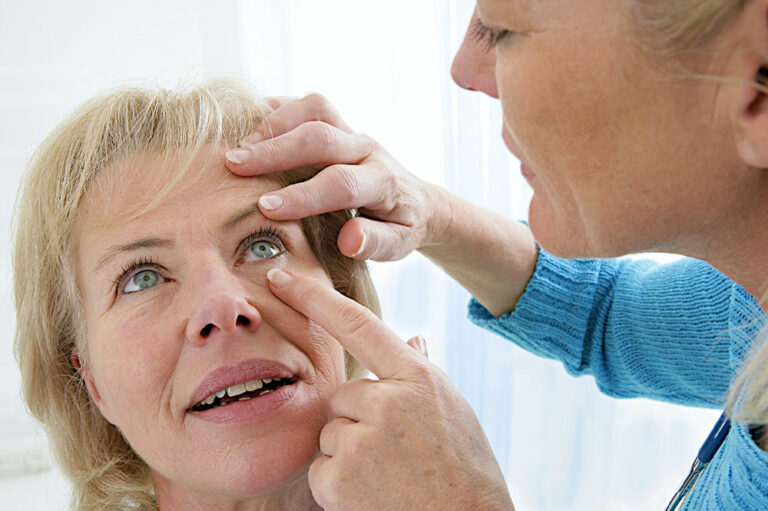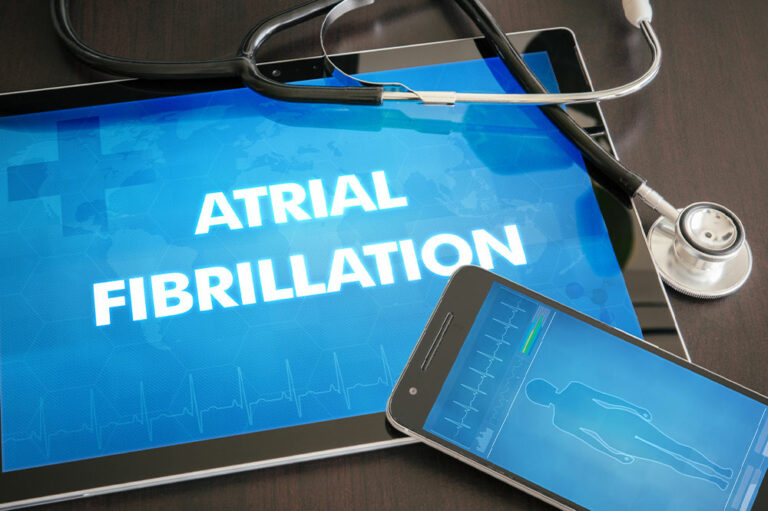
Helpful Tips to Prepare for Dental Implant Surgery
Replacing a missing tooth gives you a confident smile. But, more importantly, it contributes significantly towards the better functioning of the mouth. For instance, it improves speech, mastication, and oral hygiene. There are several options to choose from when it comes to adding a prosthesis or a replica of the tooth, including a removable partial denture, a bridge, or an implant. Read on to learn about dental implants and tips to prepare before the procedure.
Why consider a dental implant for replacement?
Depending on your oral cavity, a dental implant replicates the natural tooth or teeth. A dental implant is a fixed structure. With the help of Titanium screws, it fits directly within your jaw, which gives it a longer lifeline. Therefore, a dental implant is more permanent than other prosthesis forms. However, a dentist may consider several factors before suggesting a dental implant, including bone density, bone width, height, and the number of missing teeth and their placement.
Tips to prepare for a dental implant procedure
Once you have decided to go for a dental implant procedure, there are certain factors that you must consider for faster recovery. Below are some tips to help you prepare for a dental implant procedure.
Be prepared to make soft meals
After the oral surgery, your gums are likely swollen or sore. Most patients also experience minor bleeding after the surgery. Eating hard food makes it difficult to chew as it requires more effort for the teeth and gums to tear it apart. On the other hand, soft meals, such as soup, juice, and yogurt, are easy to eat. Avoid eating nuts, raw fruits, and vegetables. Before going to the surgery room, take a trip to the local store and stock your kitchen with the essential items for the post-surgery nutritional regime.
Be well prepared
After oral surgery, most patients return to the normal routine within three days. However, this greatly depends on your ability to recover. It is also possible that you will take a longer period to heal. Thus, making proper schedules and arrangements at work and other places is advisable to compensate for your unavailability. Being well-prepared ahead of time helps you get peace of mind and relieves stress. Avoid activities or planning events that require you to use your mouth a lot, for instance, delivering a speech. Give proper rest to your oral cavity for a faster recovery.
Follow your dentist’s instructions
Before coming to the surgery, the dentist has a proper protocol and shares a list of instructions with you. Ensure that you follow these instructions correctly to make sure there is no room for complications. You will likely be required to fast for at least 12 hours before the surgery. Moreover, you might also get a list of prescriptions that commonly include antibiotics to reduce the chances of postoperative infection. In case you have any existing health conditions, such as high blood pressure and diabetes, you shall be asked to consult your physician as well. Inform your dentist of your existing and previous health and dental history.
Secure your ride back
Most dentists recommend you bring someone who can accompany you back home or help you in emergencies. However, if this seems hard, you must seek your ride back home, as you might still be recovering from the aftereffects of the prescription after most dental implant surgeries. Patients often find relief within two hours. However, this may vary greatly depending on your condition during and after the operation.
Stock prescriptions beforehand
Before the implantation surgery, you may ask your dentist to prescribe the required treatments. Stocking them beforehand will help you get to rest after the surgery if you need not rush to buy them. It is also ideal to ask the dentist about the safe treatments for you to take, especially if you have any existing medical conditions. Cross-checking your prescription with your physician and dentist before the surgery is highly recommended to ensure that no complications arise. Moreover, you might also need gum paints or ointments to apply for better healing.
Be comfortable with your outfit
It is the most common thing patients can do before oral surgery, yet the most neglected one. The importance of wearing a comfortable outfit while going for oral surgery cannot be stressed enough. Put on clothes you feel comfortable in, such as pajamas and a loose-fitting top, as you will have to rest in the dentist’s office for at least two hours after the surgery. Secondly, if you have any make-up on, especially lipstick, you must remove it. Consider carrying wet tissue wipes in your bag while going to surgery.
Get adequate rest
Make sure to get sufficient sleep of at least seven to eight hours before the day of the surgery. When the body is well-rested, it can heal faster, as it has more energy.
Maintain oral hygiene
Keeping a close eye on your oral hygiene is a must for everyone, especially if you are planning to go for dental implant surgery. Brushing your teeth twice in various motions and using the correct brushing technique can help eliminate any plaque and food accumulated from previous meals. Using oral mouthwashes helps create a film, or layer over the teeth, which makes it difficult for the bacteria to gather, which reduces calculus formation. Maintaining good oral hygiene reduces the chances of infection. Dentists may also recommend certain mouthwashes with antibiotic properties to be used before the surgery.
Following a proper protocol and these tips can help you recover faster and hassle-free. Being prepared beforehand puts you in a better position to manage things better. Getting in touch with your dentist and discussing your concerns can help you get better clarity and confidence.





